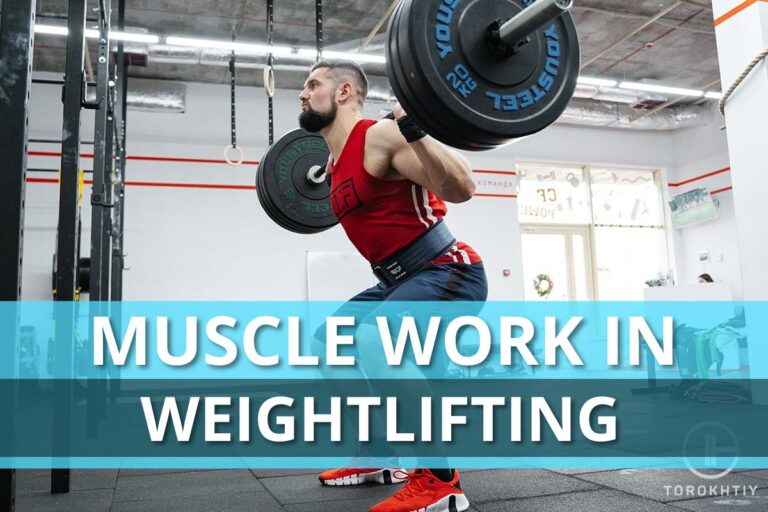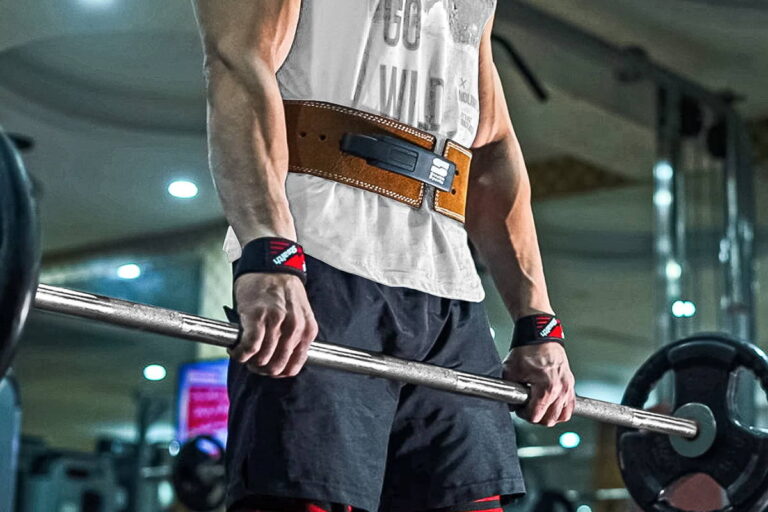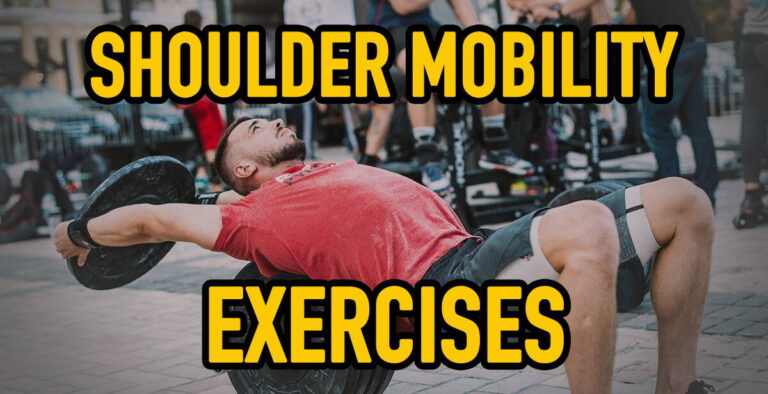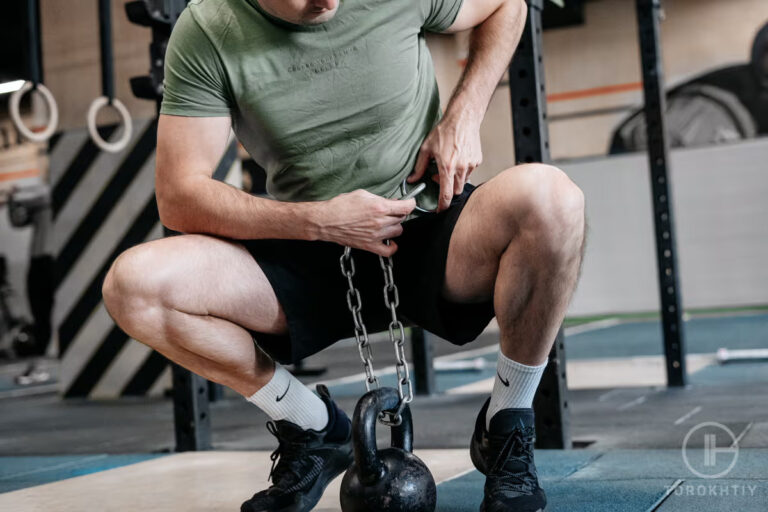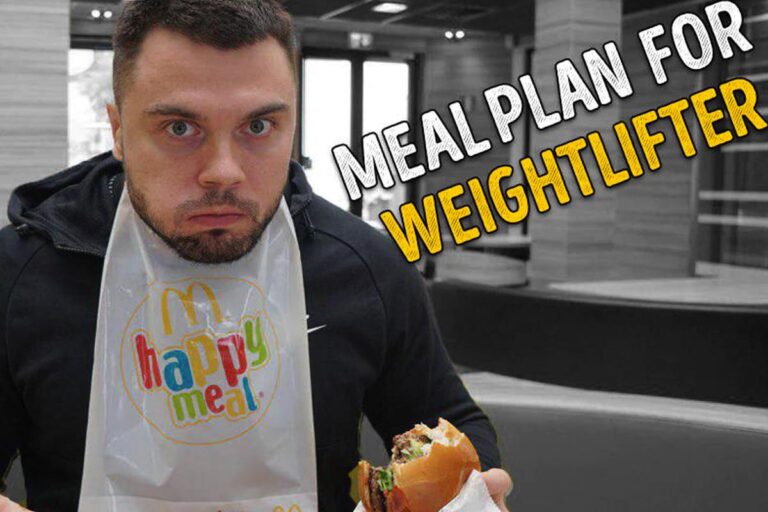Nutrition For Joints And Ligaments
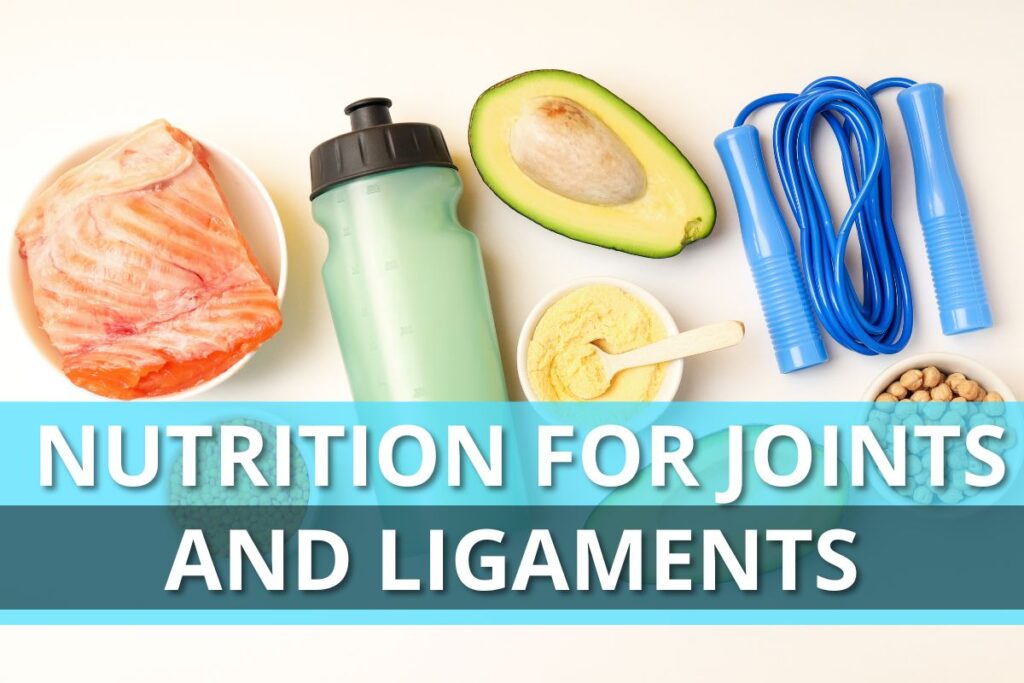
If you are concerned about how to maintain healthy joints and ligaments, then this article is for you.
Before moving on to the nutritional recommendations, I want to remind you that the health of our joints and ligaments is affected by:
- Our bodyweight. The heavier we are, the higher the load on the joints. First of all, I mean an excess of fat mass, which, unlike muscles, plays the role of a “dead” weight.
- Working weights. Although our sport is called weightlifting, it must be remembered that forcing the load will injure the ligaments and joints. Progressions must be adequate. Only lift the weight you can handle. It is very important to increase the load gradually. Professional planning of a training program and its variability are the key to athletic longevity.
- Technique of performing exercises. This is a very important factor, neglect of which not only creates unnatural stress on joints and ligaments, but can also lead to injuries. In many cases, chronic.
- Attitude to the signals of your body. Don’t take the phrase “No Pain, No Gain” in a distorted context. A burning sensation in the muscles during exercise or Delayed Onset Muscle Soreness is normal. However, any sharp and aching pain, as well as any discomfort that you have not experienced before, is a signal from your body that something has gone wrong. Neglecting these factors increases the risks of developing problems associated with the musculoskeletal system.
The best diet for ligaments and joints
You may be surprised, however, there is no special diet for joints and ligaments. At least for healthy athletes. A varied and balanced diet – including as many whole foods and minimally processed foods as possible. That’s what’s most important!
The purpose of such nutrition is to provide the body with nutrients, while reducing inflammation, which is one of the key factors in the development of joint problems.
Medical professionals who study arthritis and other musculoskeletal health problems make similar recommendations and focus on specific nutrients and foods. These nutrients can play an important role in preventing problems.
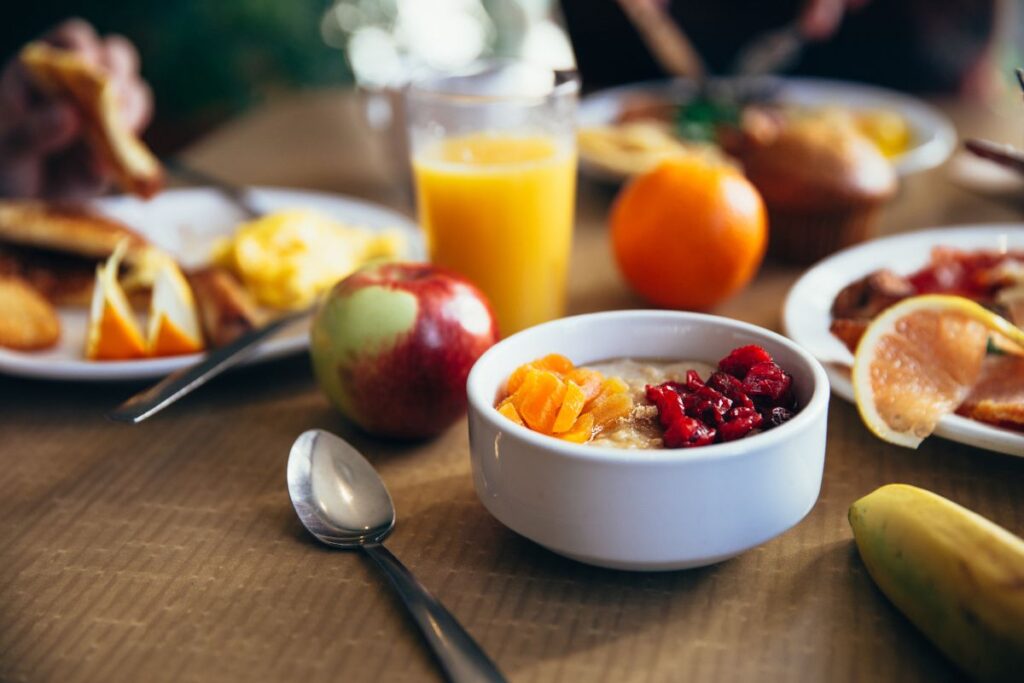
Vitamin C
This vitamin plays a role in the formation of collagen, which is a key component of cartilage. It is also a powerful antioxidant, that is, it inhibits the negative effects of free radicals inside the cartilage. These radicals can damage the structure of the cartilage, leading to inflammation.
The best sources of vitamin C are guava, bell peppers, parsley, kiwi, broccoli, pomelo, papaya, strawberries, oranges.
Vitamin D and calcium
This vitamin plays a critical role in maintaining the structure and strength of our bones, and also contributes to maintaining healthy cartilage. Vitamin D also assists in the absorption of calcium, which is critical for bone health.
The best sources of vitamin D are salmon, herring, and mackerel.
The best sources of calcium are dairy products, sardines with bones, broccoli, kale, collard greens.
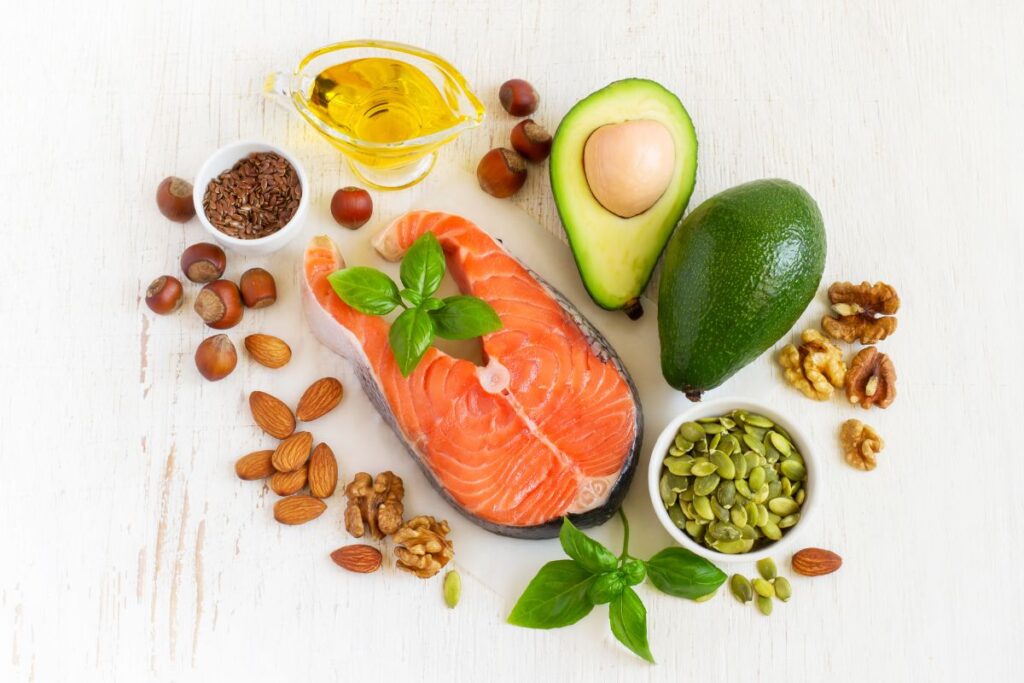
Omega-3 fatty acids
This class of polyunsaturated fatty acids helps reduce inflammation in the body.
The best sources of omega-3 s are salmon, trout, herring, mackerel, microalgae, as well as walnuts, flaxseeds, and linseed oil.
More water and fiber
Water lubricates the joints and provides them with structural support. In addition, it transports nutrients and removes metabolic waste products. This also applies to joints.
Fiber helps to reduce inflammation in the body. Its best sources are legumes, nuts and seeds, vegetables and fruits, and whole grains.
🔻Maximum Performance Nutrition Program
Unlock your maximum potential with our Maximum Performance Nutrition Program. Tailored for weightlifters, this program offers serving-based diet planning, no food weighing required.
Perfectly complement your training for efficiency, body composition, competition prep, and weight class adjustments. Optimize performance, carbs, meal timing, and supplements.
Weightlifting Meal Plan Details:
- Easy step-by-step instructions;
- Serving control basis with no food weighing;
- Calorie intake is calculated for body mass;
- Adapts to your training schedule;
- Detailed guidance on progress tracking;
- Meal timing and serving sizes master tools;
- One-time payment for unlimited access.
Level up your game today!
Less processed food
Excess sweets, soda and fried foods are not just unhealthy but they can also make you sick. The added sugar in our diets causes chronic inflammation which ultimately leads to joint pain or other serious health problems!
As you can see, nothing extraordinary. A balanced diet, maintaining a healthy body weight and a well-designed training program are 3 pillars that guard the health of our joints.
Related articles:
- Is Vegetarianism Compatible With Weightlifting?
- My Story With A Peanut Butter
- How Much Salt Does A Weightlifter Need?
- Workouts & Beer
You might be interested in:
Why Trust Us?
With over 20 years in Olympic Weightlifting, our team does its best to provide the audience with ultimate support and meet the needs and requirements of advanced athletes and professional lifters, as well as people who strive to open new opportunities and develop their physical capabilities with us.
By trusting the recommendations of our certified experts in coaching, nutrition, dietology, and sports training programming, as well as scientific consultants, and physiotherapists, we provide you with thorough, well-considered, and scientifically proven content. All the information given in the articles concerning workout programming, separate exercises, and athletic performance, in general, is based on verified data. We ensure that you can rely on our professionals’ pieces of advice and recommendations that can be treated as personalized ones which will benefit you and fully meet your needs.
The product testing process is described in more detail here
Author: Sergii Putsov
Head of Sport Science, PhD
Best Results: Snatch – 165 kg,
C&J – 200 kg
Sergii Putsov, Ph.D., is a former professional weightlifter and National team member, achieving multiple medals in the 94 kg weight category at national competitions. With a Master’s degree in “Olympic & Professional Sport Training” and a Sport Science Ph.D. from the International Olympic Academy, Greece, Sergii now leads as the Head of Sport Science. He specializes in designing training programs, writing insightful blog articles, providing live commentary at international weightlifting events, and conducting educational seminars worldwide alongside Olympic weightlifting expert Oleksiy Torokhtiy.



